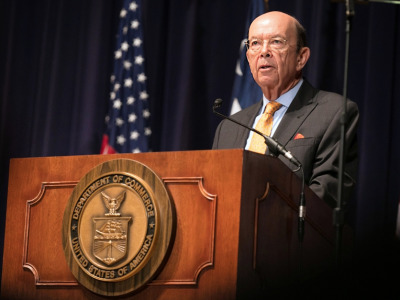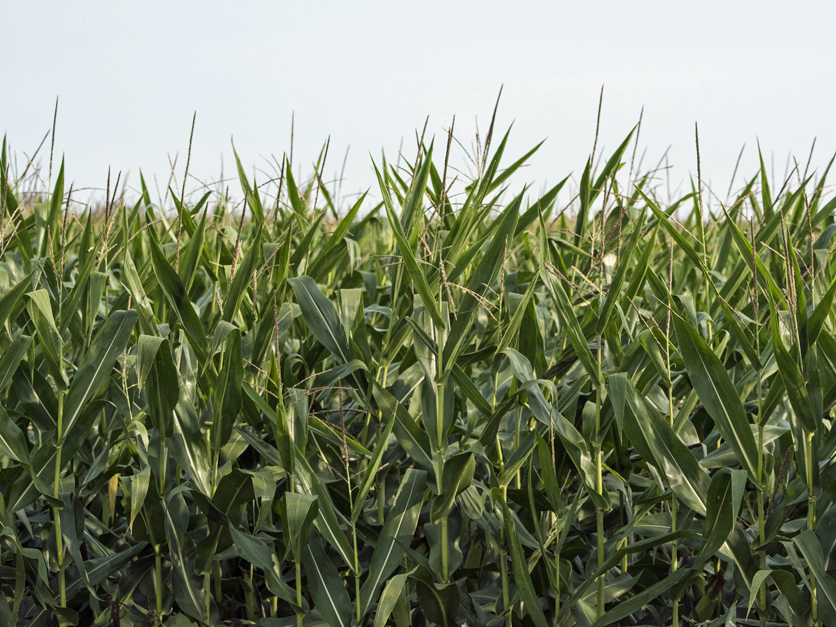China’s opaque and deliberately slow biotech approval process is costing U.S. farmers, exporters, seed companies and others billions of dollars in lost sales, according to a new analysis being released today by Informa’s Agribusiness Consulting. The report comes out just as the U.S. and China are preparing for a third round of trade negotiations amid rising tensions between the two countries.
On corn alone, the report concludes that the U.S. crop would have been worth an additional $360 million to $1 billion in the current marketing year if not for Chinese policies that can add more than five years to the international approval process that’s needed before new genetically engineered plant traits can be commercialized.
“We’ve been talking for many years now about the situation with China and I think that one thing we haven’t had in the past is really strong economic figures to put behind the situation,” said Matt O’Mara, director of international affairs for the Biotechnology Innovation Organization (BIO).
But now they have it in the form of an in-depth analysis and it arrived just in time to provide ammunition for U.S. negotiators who are in the midst of high-stakes talks with China.
The U.S. has been pushing China to reform its biotech approval process for years, and now the U.S. agriculture and biotechnology industries are hoping that ongoing trade talks could be the opportunity to get real change. When U.S. Commerce Secretary Wilbur Ross heads back to China as early as this week to try to head off a full-fledged trade war, one of the concessions that he and his delegation will be looking for is a change to the Chinese system that continues to stymie U.S. farmers and the makers of new biotech traits.

Commerce Secretary Wilbur Ross
As it stands now, China is the only major grain and oilseed importer that insists on maintaining an “asynchronous” approval process for biotech traits. Whereas biotech seed companies can begin the approval process in several countries around the world at the same time to insure international acceptance, that’s not possible in China. Despite repeated requests over the years, China continues to insist that it will not even begin the process until a cultivating country like the U.S., Brazil, Argentina or India first finishes the process.
There are now 20 genetically modified traits being reviewed by China, and all of them have already gone through the full approval process in the U.S. or elsewhere. Biotech seed companies can commercialize their products before a Chinese approval, but that has proved disastrous in the past.
One major disruption occurred about five years ago when China claimed it found traces of Syngenta's Viptera corn - a biotech trait that had been approved in the U.S. and elsewhere, but not China - in shipments from the U.S. Over the following two years, China rejected about 2 million tons of U.S. corn after repeatedly claiming to find minute levels of Viptera.
Farmers eventually sued Syngenta for selling the seed before China approved it, and in March the company agreed to pay $1.5 billion to settle claims of damage after China rejected the corn.
But the situation with China has degraded since then, and approvals of U.S. traits have become even harder to come by as the country expanded the process. One example is China’s demand that field trials be conducted in the country, O’Mara told Agri-Pulse in an interview, adding that the trials aren't needed and only serve to delay commercialization.
“These products are not going to be cultivated in China, so that environmental review is not germane to the product’s intended use. That’s an example of where we lose a lot of time. The scope of that has continued to increase over time.”
And time is money – a lot of money - that’s being lost while farmers cannot plant new traits that help protect their crops and boost yields.
“If delays in Chinese approvals were to continue over the next five years, the impacts would be similar to those experienced over the last six years,” the report concluded. “The direct impact would be nearly $5 billion in output and over $2.3 billion in (gross domestic product). Throughout the U.S. economy, the total impact would be over $14.5 billion in output and nearly $7.4 billion in GDP.”
For American farmers and biotech companies to avoid such losses, U.S. negotiators will have to get what the U.S. has never managed to get before: China following through on promises to reform.
Agriculture Secretary Sonny Perdue said recently he’s optimistic. He confirmed to reporters last week that biotechnology will be a focus of negotiators, and government sources tell Agri-Pulse that USDA biotech regulatory specialists are preparing to join Ross’ delegation.
But the U.S. and China have had many high-level trade talks over the years and China has repeatedly pledged to change its ways.
China vowed to make changes when the U.S. and Chinese negotiators met last summer as part of the U.S.-China Comprehensive Economic Dialogue (CED), but never followed through. Instead China issued an approval for four biotech traits – half of the eight approvals it promised after the May meeting between President Donald Trump and Chinese President Xi Jinping.
Getting new approvals from China is always good, O’Mara said,
“We need to get around the place where we’ve been for the past few years – moving from high-level meeting to high-level meeting, where we get a few approvals at the conclusion of the meetings,” O’Mara said. “We truly do need a systemic change. We need a way to facilitate trade … Bottom line, we need a sound, predictable, science-based process and one that moves these products through in a reasonable time.”
For more news, go to www.Agri-Pulse.com


